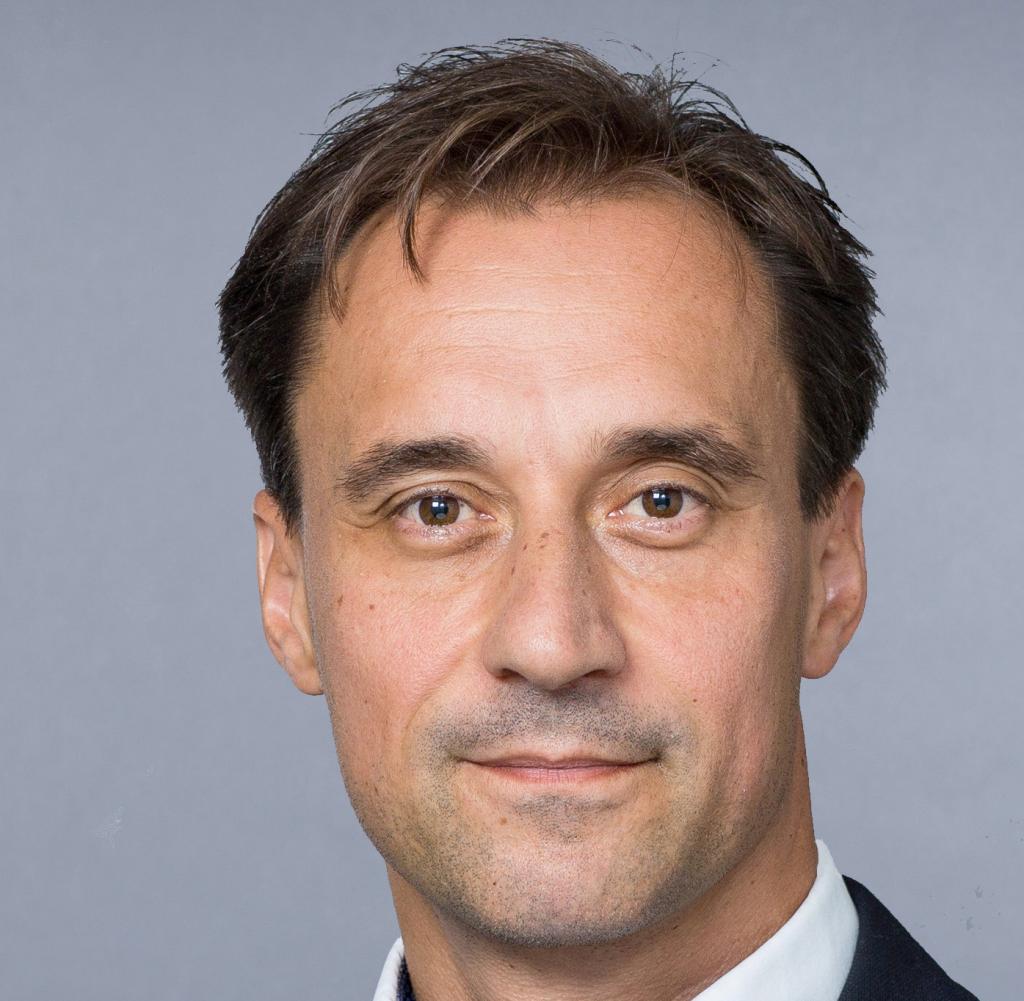The police in Dortmund have decided on an unusual measure: They are personally delivering knife-carrying bans to repeat offenders who have committed crimes with knives and dangerous objects. This also applies to blades that do not require a permit under the Weapons Act. The ban is delivered as part of a threat assessment and is valid for three years. Officers handed out the first notifications on Wednesday.
Dortmund’s police chief Gregor Lange feels that the fatal knife attack in Mannheim by an Afghan apparently influenced by Islamism has once again confirmed his approach and has also ordered additional targeted checks in the city. “The terrorist attack in Mannheim has once again shown what a deadly weapon a knife can be. I am happy about every single knife that we can take out of circulation with our concept, happy about every dangerous injury that we can prevent with it,” explained Lange. There is “no tolerance for people who think that a knife is an everyday object that you wear around your neck like a chain.”
Almost every day, police reports come in from all over Germany about incidents involving knives. Whether it’s robberies, family disputes, violence on the street or even in the schoolyard – in many cases a stabbing weapon is involved. According to previous crime statistics and spot checks, it is not a mass phenomenon, but it can no longer be described as isolated cases. One thing is clear to security authorities and domestic politicians: the problem is growing.
This is exemplified by the development in North Rhine-Westphalia: In 2022, 4,292 cases involving knives and other stabbing weapons and 5,541 victims were recorded. In 2023, police authorities across the state registered 6,221 such cases and 8,036 victims, as NRW Interior Minister Herbert Reul (CDU) explained to the Interior Committee of the State Parliament in a recent statement. Almost half of the 5,686 suspects do not have a German passport. A third of all suspects are younger than 21 years old.
A response from the Federal Ministry of the Interior to the Bundestag a few months ago also showed a worsening of the situation. In a minor inquiry, the AfD parliamentary group had requested information on the development of violence with knives in the Federal Police statistics. According to this, the Federal Police recorded an increase from 378 cases in 2019 to 788 in 2023 for the period January to August.
“It is not just a perceived truth that knife violence has increased. It can be proven statistically,” says Sebastian Fiedler (SPD), member of the Bundestag and criminal investigator, WELT. The Social Democrat is therefore calling for a reversal of the gun law. “So far, only certain knives have been banned. I am in favor of ensuring by law that carrying a knife in public is generally prohibited. This also applies to local public transport. It must become the exception rather than the rule,” says Fiedler. Exceptions for tradesmen or household purchases or for those who want to peel an apple with a small pocket knife can be “easily regulated.”
Fiedler complains that parts of the public are “still not aware of how quickly a knife attack can become a fatal attack.” He refers to studies: “When young people carry a knife, the risk that it will be used in an altercation increases many times over.”
NRW Interior Minister Reul has also been complaining about “knife crime” for some time. After the incident in Mannheim, the Christian Democrat called for “increased measures to control the possession and carrying of knives, tougher penalties for their misuse and intensive awareness campaigns about the dangers.”
A number of large cities – including Düsseldorf, Cologne, Frankfurt and Hamburg – have set up gun-free zones for certain times of the day, such as weekends. The police can also check people more easily there. “Experience with gun-free zones shows that a remarkable number of dangerous objects, including knives, are found during more intensive checks. Demarcated areas of a city or train station areas could become safer through an appropriate police presence, a high level of control intensity and quick, consistent punishments,” stressed the Federal Chairman of the Police Union (GdP), Jochen Kopelke, in response to a WELT query. However, this cannot stop a perpetrator who is determined to do anything. Knife attacks can also happen out of nowhere and be extremely dynamic, says Kopelke.
The GdP chief also advocates improving the protection of police officers. Good education and regular training are a good basis. “However, it is necessary to be able to use stab- and cut-resistant equipment that also protects areas of the body such as the neck and armpits. This is what is missing,” says Kopelke. In Mannheim, the perpetrator apparently deliberately stabbed police officer Rouven L. in the neck over his protective vest. The 29-year-old officer later died in hospital.




